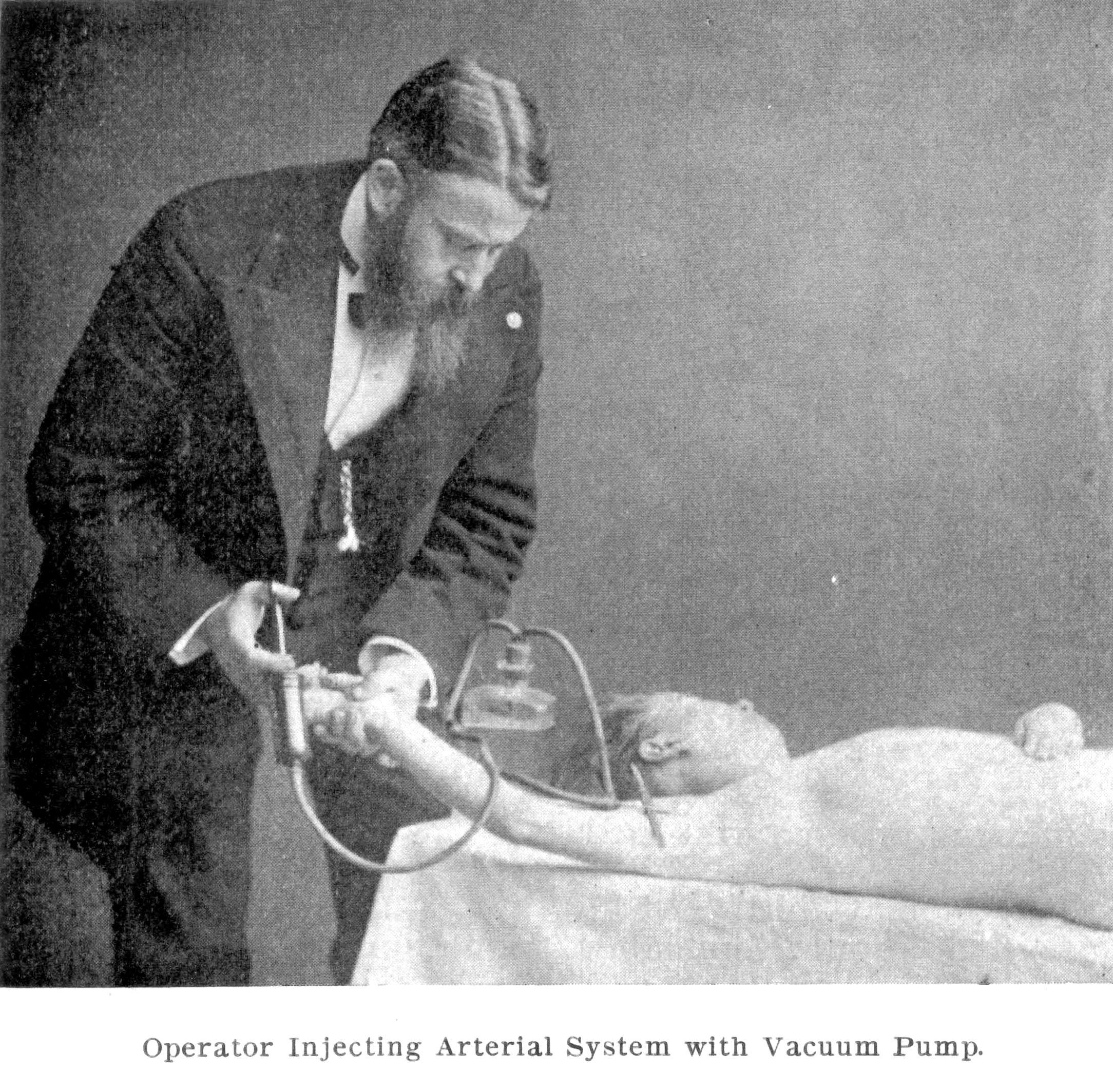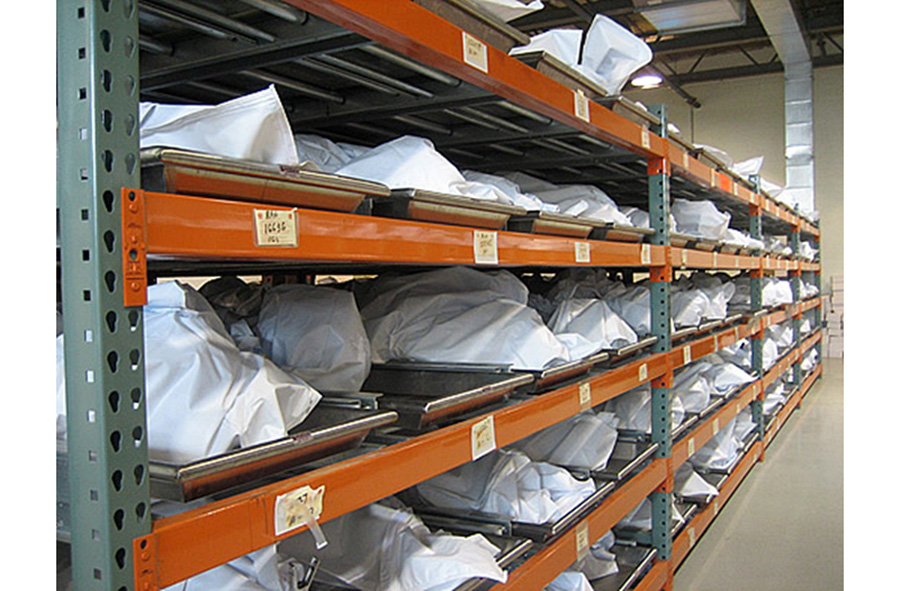Future Death. Future Dead Bodies. Future Cemeteries
Illustrated lecture by Dr. John Troyer, Centre for Death and Society at the University of Bath
20th June 2013
Doors at 6:30 / Talk begins at 7:00 pm
Ticket price £7
The Last Tuesday Society at 11 Mare Street, London, E8 4RP
This coming Thursday, June 20, 2013 I’m giving a public talk for the Morbid Anatomy Library and the Last Tuesday Society in London. The Morbid Anatomy Library talks are normally located in the lovely Gowanus Canal area of Brooklyn (don’t pay any attention its Superfund site classification) but its Librarian-in-Chief Joanna Ebenstein is currently in London to organise this lecture series.
Joanna has been a good friend to the Death Reference Desk and one of our earliest supporters. Indeed, the very first Morbid Anatomy talk that I ever gave (in Brooklyn) was in July 2009. That was the same month and year that Death Ref launched.
It’s been an adventurous four years.
So come to this talk on Thursday if you can or, even better, go to one of the many other fantastic talks curated by Joanna at the Last Tuesday Society.
You will not be disappointed.
Future Death. Future Dead Bodies. Future Cemeteries
Illustrated lecture by Dr. John Troyer, Deputy Director of the Centre for Death and Society at the University of Bath
20th June 2013
Doors at 6:30 / Talk begins at 7:00 pm
Ticket price £7
Approximately 1500 people die every day across the United Kingdom, roughly one person a minute. And unless you are a person who works in a profession connected to the dying, chances are good you rarely (if ever) see any of these 1500 dead bodies. More importantly– do you and your next of kin know what you want done with your dead body when you die? In the future, of course, since it’s easier to think that way. Dr. John Troyer, from the Centre for Death & Society, University of Bath, will discuss three kinds of postmortem futures: Future Death, Future Dead Bodies, and Future Cemeteries. Central to these Futures is the human corpse and its use in new forms of body disposal technology, digital technology platforms, and definitions of death.
Dr John Troyer
Dr. John Troyer is the Deputy Director of the Centre for Death and Society at the University of Bath. His interdisciplinary research focuses on contemporary memorialisation practices, concepts of spatial historiography, and the dead body?s relationship with technology. Dr. Troyer is also a theatre director and installation artist with extensive experience in site-specific performance across the United States and Europe. He is a co-founder of the Death Reference Desk website (http://www.deathreferencedesk.org) and a frequent commentator for the BBC. His forthcoming book, Technologies of the Human Corpse (published by the University of North Carolina Press), will appear in 2013.
The Last Tuesday Society is honoured to house this exhibition and lecture series cultivated in collaboration with Joanna Ebenstein of the rightfully venerated ‘Morbid Anatomy’ Library, Museum & Blog.
Talks take place at The Last Tuesday Society at 11 Mare Street, London, E8 4RP

